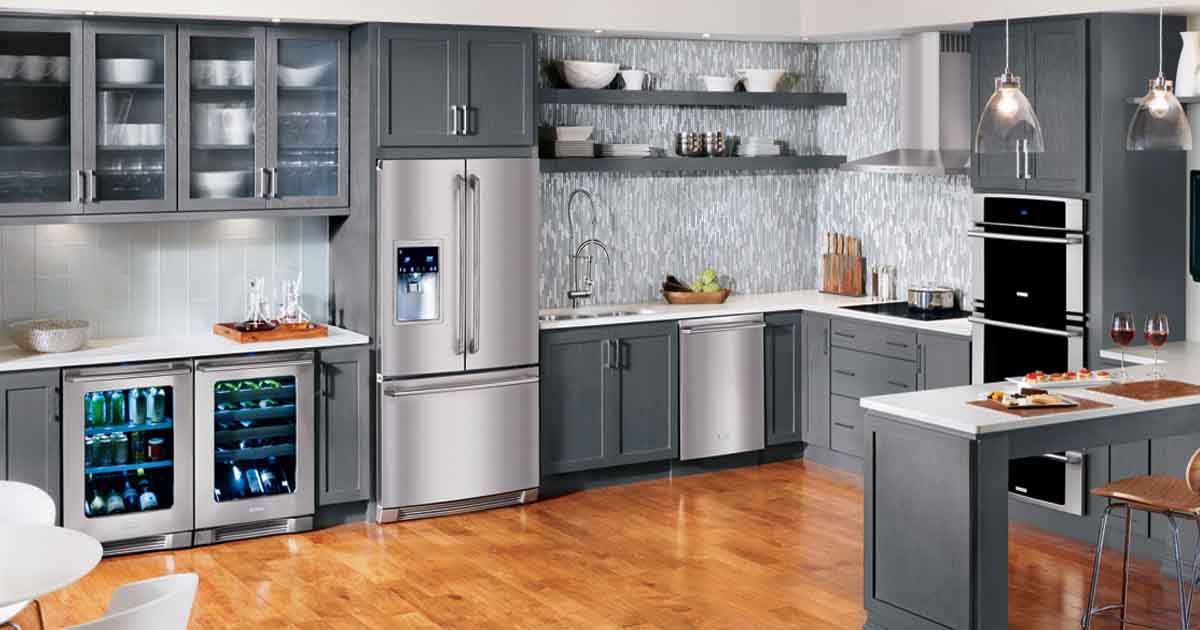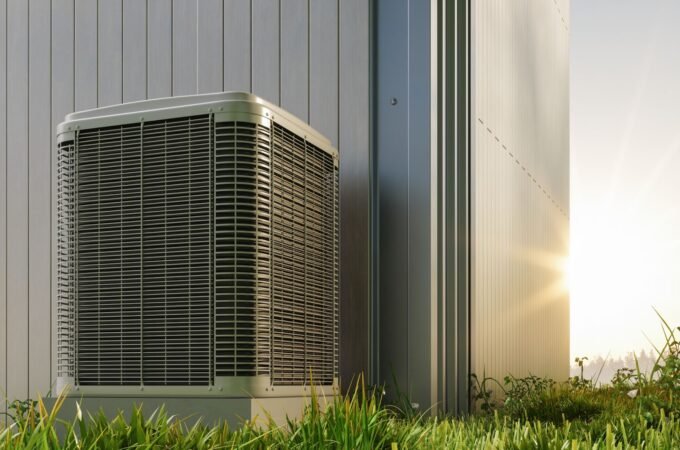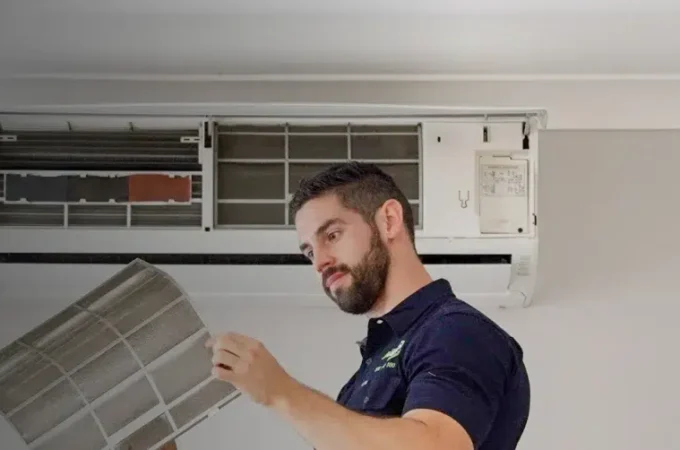
Buying Kitchen Appliances without Breaking the Bank
Kitchen appliances are one of the largest purchases we make in our lifetime. We only make these purchases a handful of times, they are expensive, and we rely on these appliances to make our everyday life better and easier. So, how do you make such a big purchasing decision and know that you made the right choice? There are a few factors to consider when purchasing kitchen appliances – from evaluating what’s important to you and your lifestyle to researching potential maintenance or replacement costs.
By carefully weighing all the facts and specifications of the appliances you’re considering rather than just looking at the brand, you’ll be able to get the best bang for your buck!
What’s important when buying an appliance?
The first question you should be asking yourself is what’s important to you in your kitchen appliances? What does your lifestyle require? If you’re looking to save money by making large batches of freezer meals, splurging on a larger pull-out freezer appliance might be worth it and save you money in the long run. If you feel that stove heating your food is a fine option, you may be able to go without that fancy new microwave. The decisions you make regarding your lifestyle should dictate your appliance purchases, not the other way around.
Buying an electrical appliance for your kitchen is always a tough decision and it is not uncommon to see people buying things they don’t actually need or have space for. I have personally witnessed people buying refrigerators that won’t fit into their doors, wasting time and resources on adapting their house to the appliance instead of buying an appliance that fits right in.

An example of a kitchen design with specific oven dimensions
You should also consider whether certain appliance features are important to you. For example, if you live your life in an environmentally friendly manner, you may find that a “green” or energy efficient set of appliances is worth any extra cost in the upfront sticker price. However, the money you might save on your energy bill may be worth it.
Finally, you should consider how much you want to pay long-term in maintenance costs or when you may potentially need to replace your less-expensive appliances when they break down.
What kind of maintenance costs exist?
The average costs of appliance maintenance is $170 or between $106-$236 in the USA (calculate your own expected maintenance costs here). Several factors play into this wide range of expenses. For example, appliances that are fueled by gas rather than electric tend to be more expensive to repair. Some maintenance costs could come from a broken ice machine in your fridge or freezer, a broken stovetop burner, a stuck oven door, or a blown fuse. Some of these repairs are small, some of them are much larger (or are a sign of a larger problem). When your appliances start aging and reach their 5-8-year birthday, you may want to consider replacing them altogether if the maintenance costs become too much or too frequent.
How often should appliances be replaced?
Replacing appliances is a painful concept. After all, you spent a significant amount of money on them, and as they age it’s likely you’re not interested in doling out that large sum of cash again. However, sometimes replacing your kitchen appliances can be more fiscally responsible than performing more and more frequent maintenance on an aging refrigerator or oven. The general rule of thumb is to stick with repairs if an appliance, such as a refrigerator, stovetop, oven, or freezer, is under 5 years old.
After an appliance surpasses the 5-year mark, it might be in your best interest to replace the appliance completely. Weigh the pros and cons as well as the cost of maintenance. What is your specific appliance model’s common repairs? What is the average lifespan for your brand of appliances? Research these factors, then decide if spending the money on a new appliance would be worth it, and ultimately cheaper, with time.

How else can you save on kitchen appliances?
Yes, kitchen appliances are expensive and important. There is a lot of anxiety experienced around whether a large, expensive appliance will need unexpected repairs or a full replacement. These costs are often not in our budget, and the struggle to come up with an extra several hundred or several thousand dollars to ensure we have a cooling system to keep our food from spoiling is incredibly stressful. However, there is a way to protect yourself against the high costs of repairing or replacing necessary kitchen appliances: an extended appliance insurance (a specific plan under home warranties).
Home warranty appliance insurance plans come in all shapes and sizes, and you can create one that is tailored to solely cover the appliances in your home. However, if you’re feeling especially risk-averse, you can upgrade to a premium policy that covers appliances and systems (think: your heating or cooling system).
These policies don’t generally cost that much month-to-month, usually averaging between $20-$50/month for full coverage. Then, when a repair or replacement is necessary, you’re only on the hook for a small (usually $75 on average) service fee. If you have properly maintained your kitchen appliances and are worried that they’re aging, or if they’re brand-new and you’re looking to save money and extend their lifespan, a home warranty is a good option for you.
Final notes on buying kitchen appliances
If you want to buy a freshly designed kitchen appliance just because you like it, without carefully inspecting how it fits your needs, house and ability to maintain it, is set to failure. There is a huge variety of home appliances on the market, and it could get very costly to maintain these appliances or replace them once they slow down or break. There are designated ways to protect you from these situations (appliance insurances / home warranties) but without choosing the RIGHT appliance to buy it is very much like putting a bandaid on a cold sore – it helps to a degree but it is not going to have the full impact.




